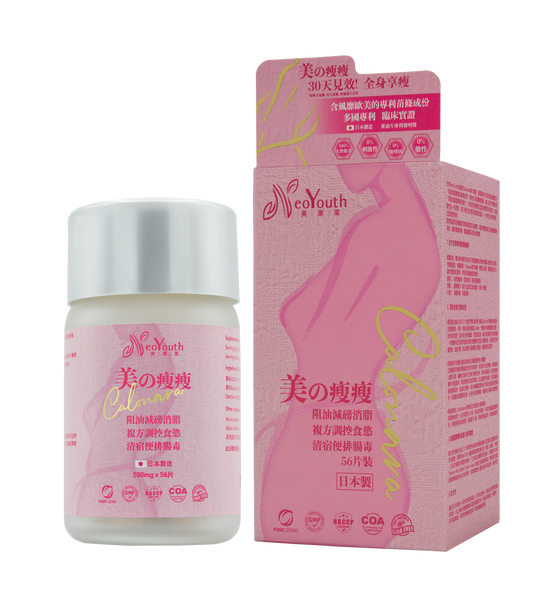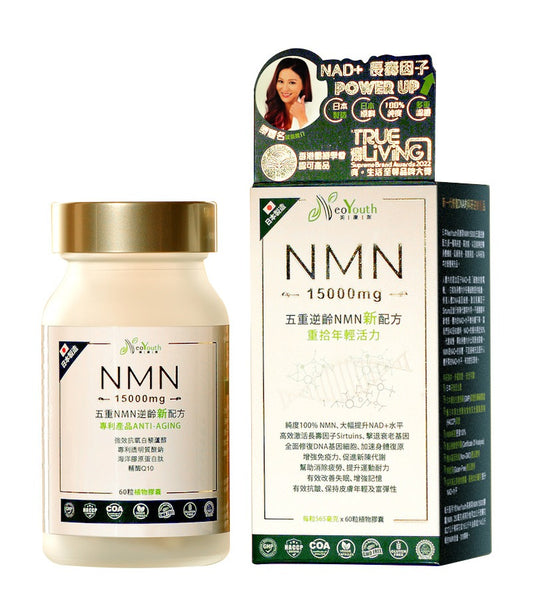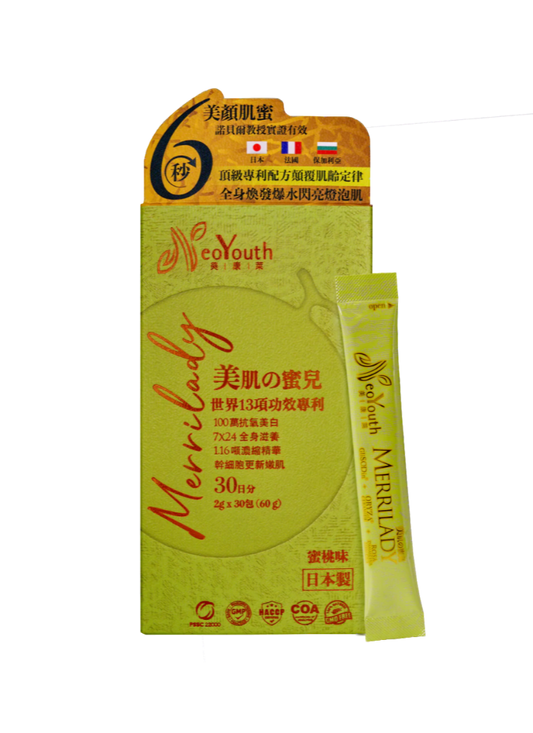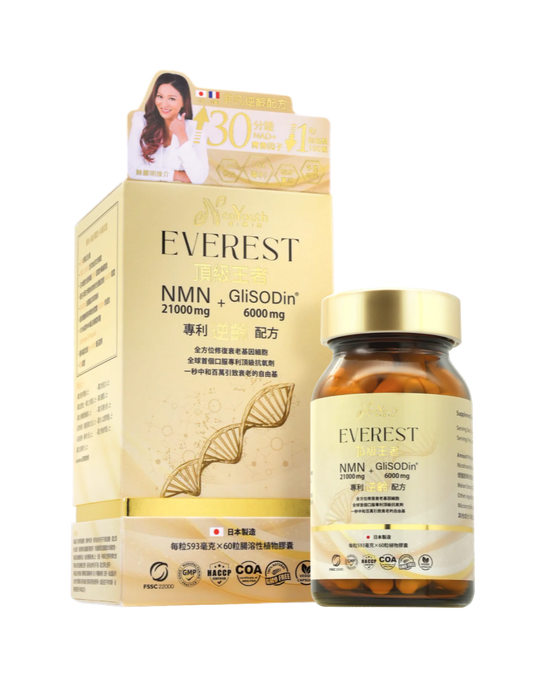In the skincare and beauty industry, marine collagen peptides are a popular ingredient because they are believed to be beneficial for improving skin elasticity. Collagen is one of the most important structural proteins in the skin, playing a vital role in maintaining its structure, elasticity, and firmness.
Q1. How do marine collagen peptides improve skin elasticity?
Marine collagen peptides can improve skin elasticity for the following reasons:
- Promotes collagen synthesis: Collagen is a major component of skin structure, giving it elasticity and firmness. The amino acid sequence in marine collagen peptides is similar to that of collagen in the skin, allowing it to be absorbed by the body and used for collagen synthesis. Supplementing with marine collagen peptides provides the body with the necessary amino acids, promoting collagen synthesis and repair.
- Increase skin hydration: Marine collagen peptides have moisturizing properties that increase the skin's ability to retain moisture. They absorb and retain water, keeping the skin hydrated and elastic. This helps reduce dryness and the appearance of fine lines, while making the skin softer and more supple.
- Antioxidant effects: Marine collagen peptides contain natural antioxidants that combat free radical damage. Free radicals are one of the main factors causing skin aging and loss of elasticity. By inhibiting the generation of free radicals, marine collagen peptides can protect skin tissue from oxidative damage and slow down the skin aging process.
Q2. What are the advantages of NeoYouth Nanoscale Marine Collagen Peptides (500DC) compared to regular collagen?
- Absorption rate more than 10 times higher than usual: NeoYouth nano-sized marine collagen peptides (500DC) have a smaller molecular structure than the typical 5000Da, making them easier for the body to absorb and utilize, resulting in an absorption rate more than 10 times higher. Due to this high absorption rate, marine collagen peptides are more effective in the body, providing the nutritional support needed by the skin.
- Natural Sources: Marine collagen peptides come from marine organisms such as fish, kelp, and algae, making them a natural source. In contrast, traditional terrestrial collagen typically comes from animal skin and bones and may have undergone processing and treatment.
- Protein Composition: Marine collagen peptides and terrestrial collagen differ in their protein composition. Marine collagen peptides are rich in specific amino acids, such as hydroxyproline and methionine, which are essential for skin health and elasticity.




